A Conversation Over Tea
It was in a small temple outside Kandy where I first spoke with a Sri Lankan monk about karma. We sat cross-legged on a mat, sipping sweet, milky tea. His English was gentle but clear, and his words seemed to slow the rush of my thoughts. I had always thought of karma as a simple rule—good deeds bring good outcomes, bad deeds bring bad ones. But he smiled and said, “It’s not about punishment or reward. It’s about seeds and growth.”
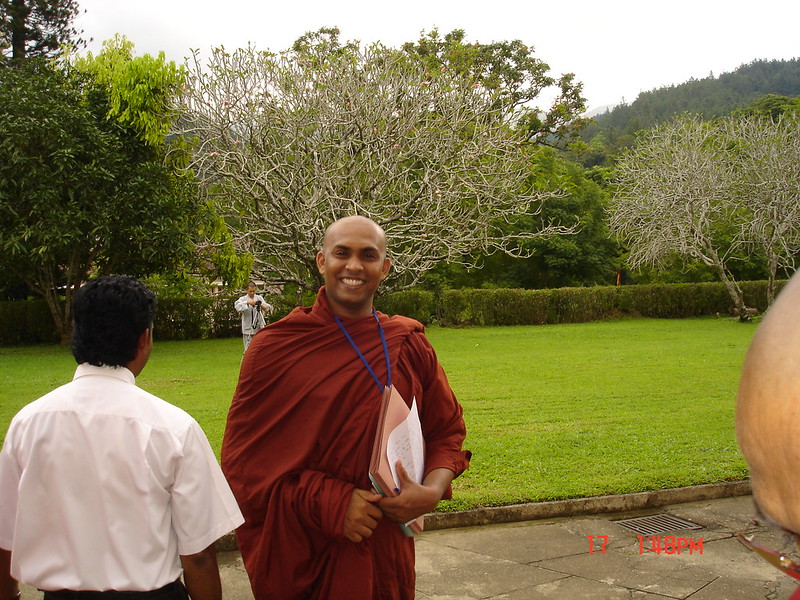
Karma as Cause and Effect
He explained that every action—whether it’s a kind word or a harmful thought—plants a seed in the mind and in the world. Those seeds can grow for years, even lifetimes. Some sprout quickly, others take time, but eventually, what you plant is what you harvest. “We are gardeners of our own lives,” he told me. “You cannot escape the field you tend.”

Small Actions Matter
I was surprised by how much he emphasized the little things. Holding a door for someone, feeding a stray dog, smiling at a stranger—these, he said, are just as much a part of karma as life’s big decisions. He encouraged me to watch not just my actions, but my intentions. “The mind is the root,” he said. “If the root is kind, the fruit will be sweet.”
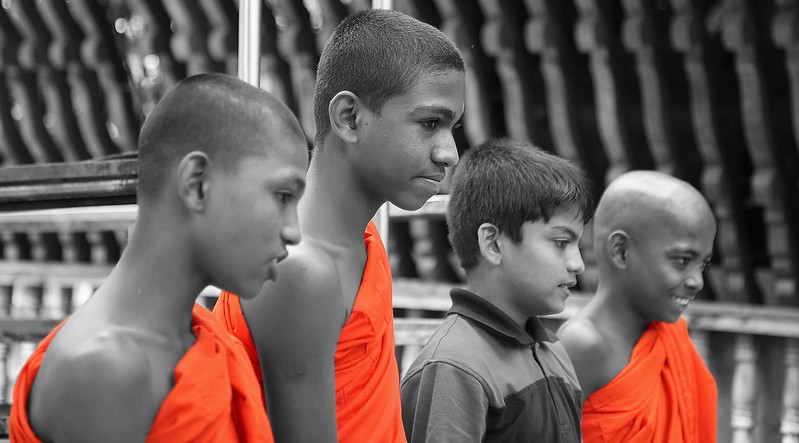
Letting Go of Immediate Results
One of the hardest lessons was patience. The monk explained that not every good action will be rewarded right away, just as not every harmful act is punished instantly. “The river does not rush because you are waiting,” he said with a chuckle. “Trust the flow.”
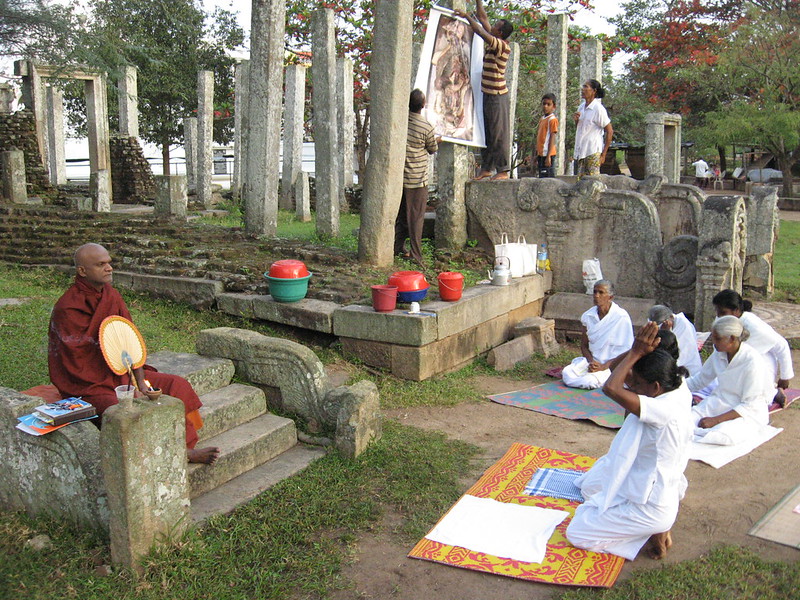
A Quiet Departure
When I left the temple, the afternoon sun was soft, and the sound of birds filled the air. I walked away thinking less about ‘good’ and ‘bad’ and more about the seeds I was planting each day. Karma, I realized, isn’t about keeping score—it’s about shaping the kind of garden you want to walk through tomorrow.


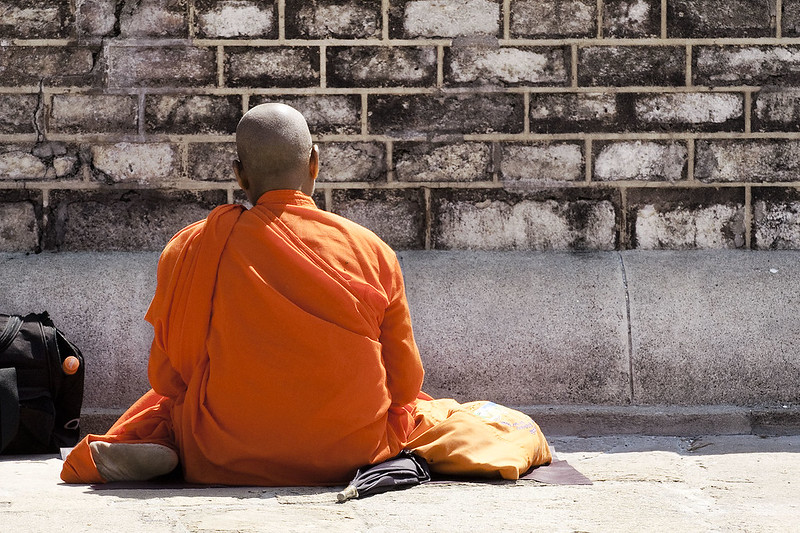
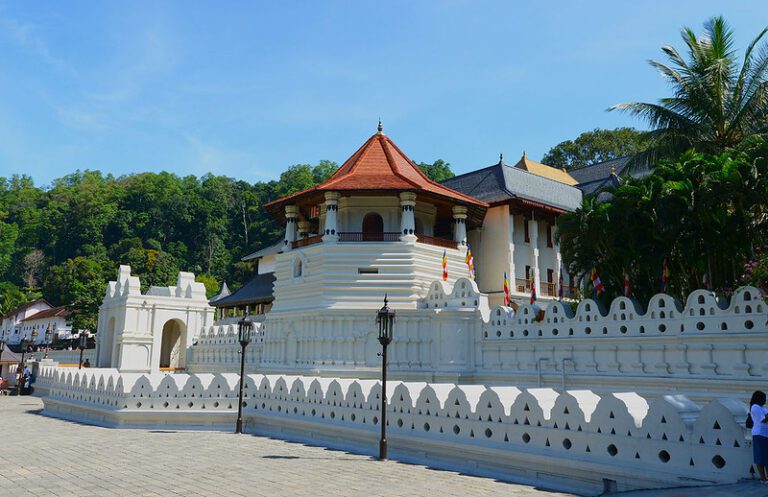

What I Learned About Karma From Sri Lankan Monks